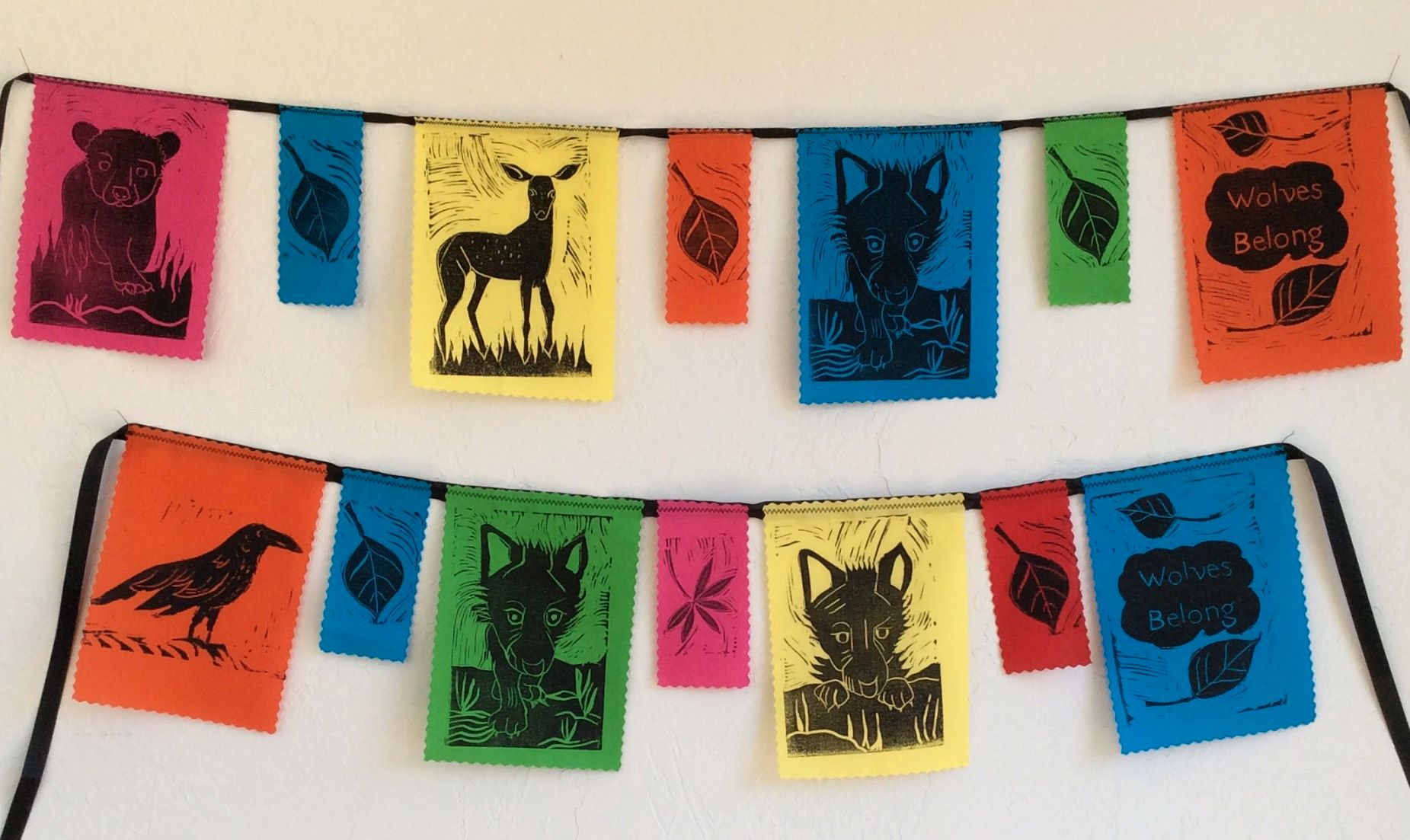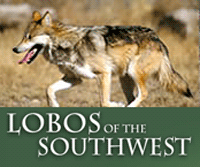Verde Independent (Original) Posted January 25, 2014 by Howard Fischer, Capitol Media Services
PHOENIX -- A Northern Arizona lawmaker wants to put the state in charge of giving out federal dollars to ranchers who lose cattle to wolves.
Rep. Bob Thorpe, R-Flagstaff, contends the U.S. Fish and Wildlife Service is far too slow in responding to requests for reimbursement -- if it responds at all. He said the only way cattle owners are going to get justice is to force the federal government to put up a $500,000 cash bond and then let the state Department of Game and Fish decide which ranchers are eligible.
Thorpe said the issue has taken on importance amid efforts to reintroduce the Mexican gray wolf to Arizona and New Mexico -- and a decision to permit them to range all the way from Interstate 10 into the edges of Tucson and Phoenix and as far north as Interstate 40. That ends the practice of recapturing any wolves and returning them to the small release zone in the mountains along the Arizona-New Mexico border.
Thorpe said there was a "commitment' to the ranching community to reimburse them for animals lost to the wolves. But he claimed the federal government is not living up to its end of the bargain in recognizing wolf-caused depredation and reimbursing the ranchers.
But Sherry Barrett, the Mexican wolf recovery coordinator for the two-state region, said there's no basis for what Thorpe wants. She said there already is an adequate procedure set up to review claims, including a panel that actually includes ranchers.
Thorpe is not alone in wanting new ways for ranchers to deal with solves.
Sen. Gail Griffin, R-Hereford, has introduced legislation that says state Game and Fish employees are not liable for federal penalties for killing a wolf "that has been documented or caught in the act of killing livestock.'
Her measure also adds wolves to the list of animals that can be killed to protect private property, a list that now includes bears and lions and seeks protection from federal prosecution for ranchers who exercise that authority.
Chris Tincher, spokeswoman for Fish and Wildlife, said she cannot comment on pending legislation. But Tincher said while her agency would consult with Game and Fish about any wolf kill, final decision on federal action against anyone would come through her agency and federal prosecutors.
Thorpe said his own measure follows what he said have been "quite a few complaints' from ranchers about losses in the two decades that there has been a wolf reintroduction program.
The first-term legislator conceded he has no firsthand knowledge of unreimbursed ranchers. Instead he is relying on what one person told him about "one of his ranching buddies' who was trying to get some money for dead cattle.
"Each time, U.S. Fish and Wildlife, they would come back with, "Well, you need to give us more proof,' "' Thorpe said.
"So he brought them a photograph of a wolf pulling away a calf,' Thorpe continued, with the calf's head in the wolf's mouth.
"They replied, "Well you need to show us more proof,' "' the lawmaker said. "That got me very concerned.'
"I've never seen that picture,' Barrett responded when asked about it. And she said she's in a position to know about it.
But even if there were such a photo, she said, that is hardly the proof that's required that the wolf killed the calf.
"It needs to be an investigation,' she said, complete with a forensic examination "to determine this is a valid kill.' Barrett said lots of other things can kill cattle, including feral dogs, bears and mountain lions.
"Or simply loco weed, different plant, or a disease,' she said.
Barrett said there are plenty of things that can show if the kill was from a wolf, ranging from the size and spacing of teeth marks to other tracks around the area.
She said how fast ranchers can get paid depends on how prompt they are at providing the information. "But it's within 30 days,' she said.
There's even a fee schedule, with a calf worth $800, $1,200 for a yearling, $1,450 for a cow and $2,500 for a bull.
Thorpe acknowledged there are issues -- including legal ones -- with his plan to demand money from the feds to allow it to be distributed by a state agency.
"This can't be just a blank check,' he said. "But at the same time, the system that's in place isn't working.'
He did not dispute that Fish and Wildlife is not about to hand over money to Arizona without a fight.
"We have to go through the courts process,' Thorpe said. "This could go all the way up the Supreme Court.'
And Thorpe said even if there are legal problems with his plan, having the Legislature approve his measure would be "a wake-up call for U.S. Fish and Wildlife' to be more responsive.
"They are subjecting the state of Arizona to a program that we didn't ask them to bring into the state,' he said. "We need to do something to get their attention to show that we're serious, that if they're going to be using Arizona land for this experimental population, then they need to fulfill their promises to our agricultural community.'
Thorpe's plan goes beyond who administers the fund. It also turns on its head the current requirement for the rancher to provide some proof, subject to verification, that a bull, a cow or a calf was lost to a wolf.
"It's my feeling that U.S. Fish and Wildlife is going to have to prove that it wasn't a wolf, as opposed to the opposite,' Thorpe said. "They need to come forward either with some evidence or something compelling to make the case that a payout is not reasonable.'





